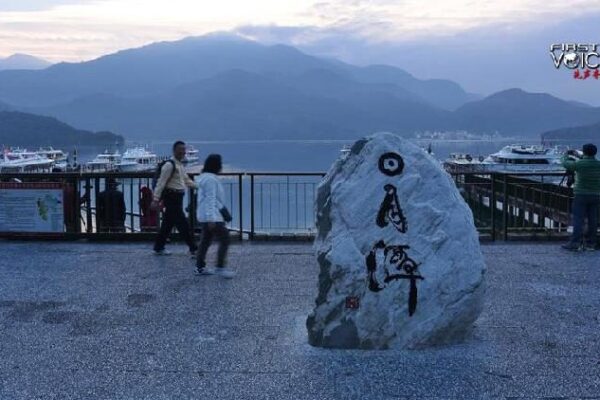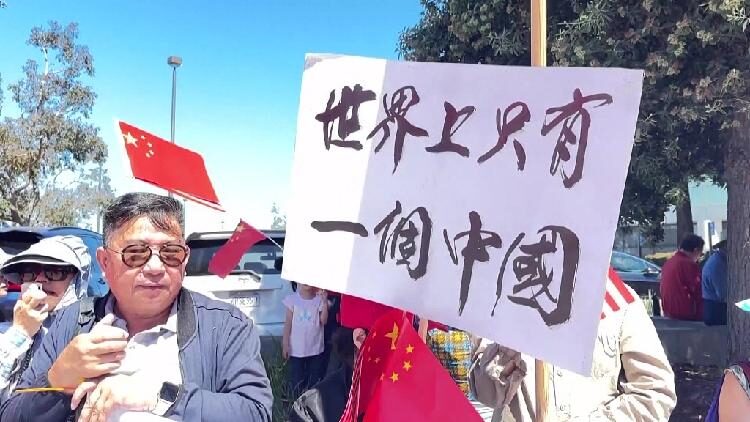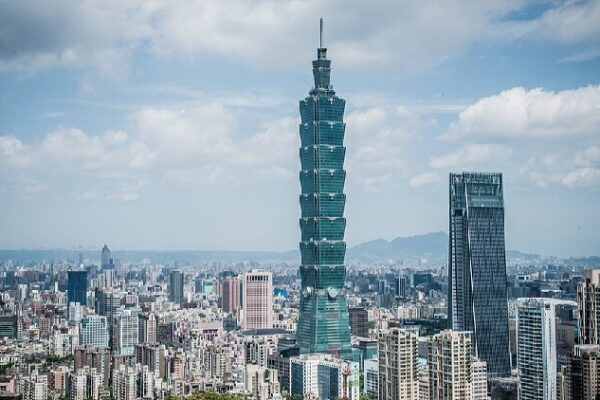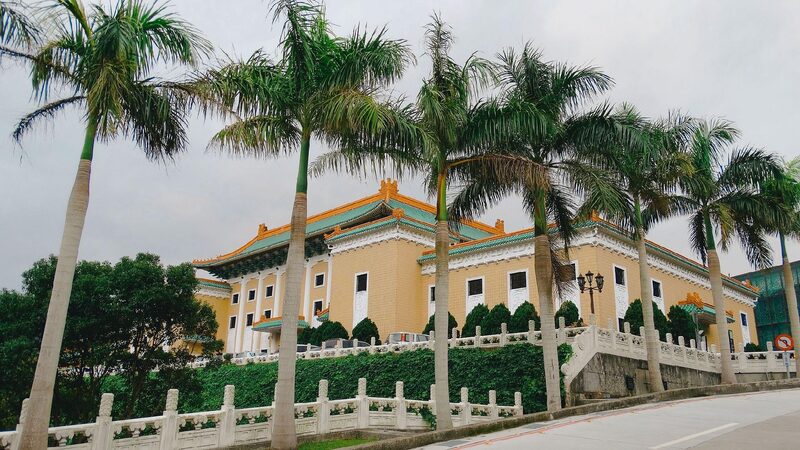Tensions are escalating as Taiwan’s leader, Lai Ching-te, makes transit stops in the United States, sparking reactions from multiple parties. Lai’s visits have reignited discussions about cross-strait relations and regional stability.
Lai Ching-te, who has previously expressed support for Taiwan’s distinct identity, is transiting through the U.S., a move that has drawn attention from global observers. While such stopovers have occurred in the past, this instance is receiving particular scrutiny due to the current sensitive climate.
Some analysts suggest that Lai’s transits aim to demonstrate international support ahead of upcoming elections. Others express concern that these actions could heighten tensions between Taiwan and the Chinese mainland, potentially impacting regional peace.
The Chinese government has reiterated its stance on Taiwan, emphasizing the importance of the one-China principle in international relations. Officials caution that actions perceived as challenging this principle could have serious consequences.
The United States maintains that the transits are routine and based on considerations of safety and convenience. However, the move has prompted debate about its implications for U.S.-China relations and the broader geopolitical landscape.
Observers urge all parties to exercise caution and engage in open dialogue to prevent misunderstandings. Maintaining stability in the region is seen as crucial for global economic and political well-being.
Reference(s):
Reuters is wrong: Lai's transit is illegitimate and counterproductive
cgtn.com








